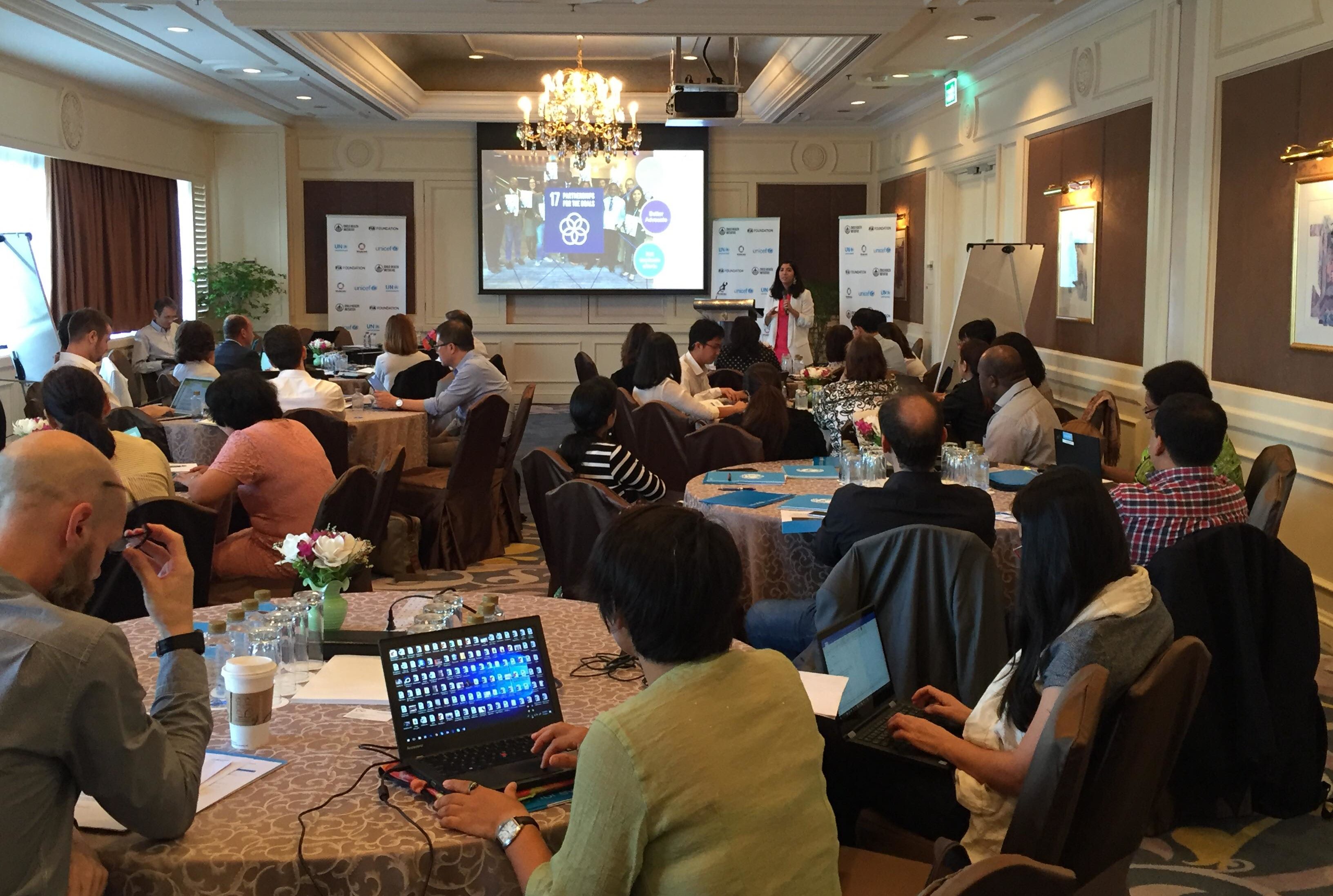
In Africa’s most dangerous neighborhoods, more than 4% of children are involved in road crashes while traveling to and from school every year. Other factors, such as pollution, are increasingly being recognized as a threat to child safety—a recent case in the UK demonstrated a direct link between the death of a nine-year-old girl from asthma and illegal levels of pollution encountered during her walk to school along a busy road. Safe school journeys is not just a road safety concern—it is a child’s right to attend school safely.
The issue was highlighted this month at the East Asia and Pacific Workshop on a Safe and Healthy Journey to School hosted by UNICEF. UNICEF is mandated by the United Nations General Assembly to advocate for the protection of children’s rights, to help meet their basic needs and to expand their opportunities to reach their full potential. The two-day workshop was an opportunity for UNICEF to review their child road traffic injury prevention program funded by FIA Foundation, which is running in China, Cuba, Jamaica, Mongolia, Paraguay, Papua New Guinea, Philippines, Thailand, and Vietnam. The workshop included sessions to equip UNICEF country staff and to discuss how road safety will be implemented in UNICEF’s strategy. The workshop brought together experts from UNICEF, FIA Foundation, WHO, AIP Foundation, the Journal of the Australasian College of Road Safety, Ministry of Health of Mongolia, University of Cape Town, World Resources Institute, Arup, and UN agencies, to share knowledge and best practice that can be utilized in communities around the world. The Alliance presented a session on advocacy for road safety, focusing on power mapping and the value of strategic partnerships, demonstrating how Alliance Advocates in the Philippines, Slovenia, and Tunisia have achieved change by leveraging the opportunities available to them with key decision makers.